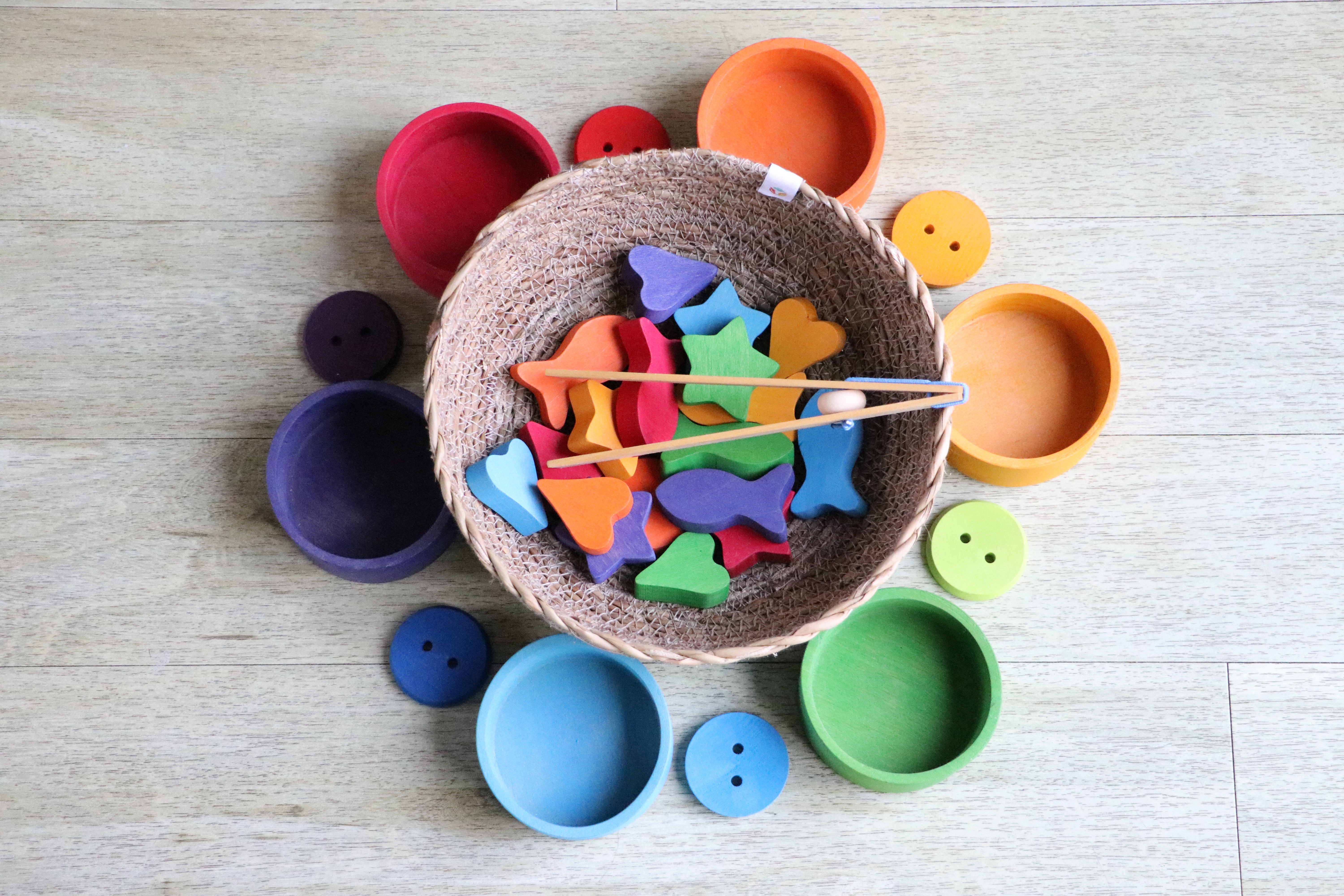The exercises of practical life are the foundation upon which the Montessori Method is based. Children are drawn to the Practical Life activities because the activities are familiar to them. These are seen as adult “privileges”, something moms and dads get to do. There are four distinct groups of exercises of practical life. These are:
- Care of the person: This consists of mastering clothes fasteners, instilling personal hygiene habits, provoking artistic creativity, and refining the manipulation of one’s own small muscles.
- Care of the environment: This consists of dusting, cleaning, washing, taking care of indoor plants, preparing food, pouring wet and dry materials, and other household tasks.
- Elementary movements: This consists of holding, carrying, putting down, picking up, etc., of all objects in daily environments. It also includes activities such as walking, sitting down, getting up, and so on.
- Grace and courtesy: This involves greeting, offering, accepting, apologizing, etc.
Practical Life activities stress control of movement as well as hand and eye coordination in conjunction with the development of attention span and concentration. They provide the children with opportunities for repetition leading to the achievement of success. The repetition of this purposeful work helps the children establish control—both mentally and physically—by actively coordinating their muscles through an intelligently developed thought process.
Theses exercises provide immediate and direct feedback to the children. The processes involved in these activities lead the children to develop skills in caring for themselves and their surroundings. They learn to think through an activity and order their movements, which all eventually develop an understanding of a complete cycle of an activity. Soon the children begin to complete an exercise by themselves, experience success in their work, enjoy working for themselves, and acquire a love for learning.

